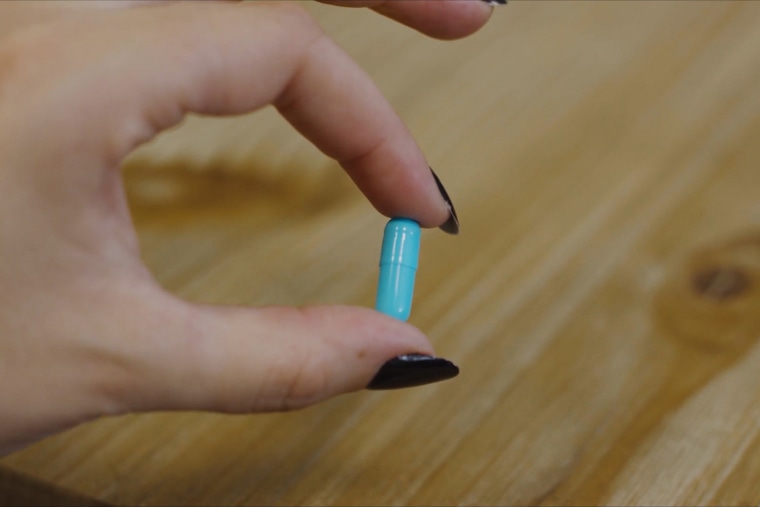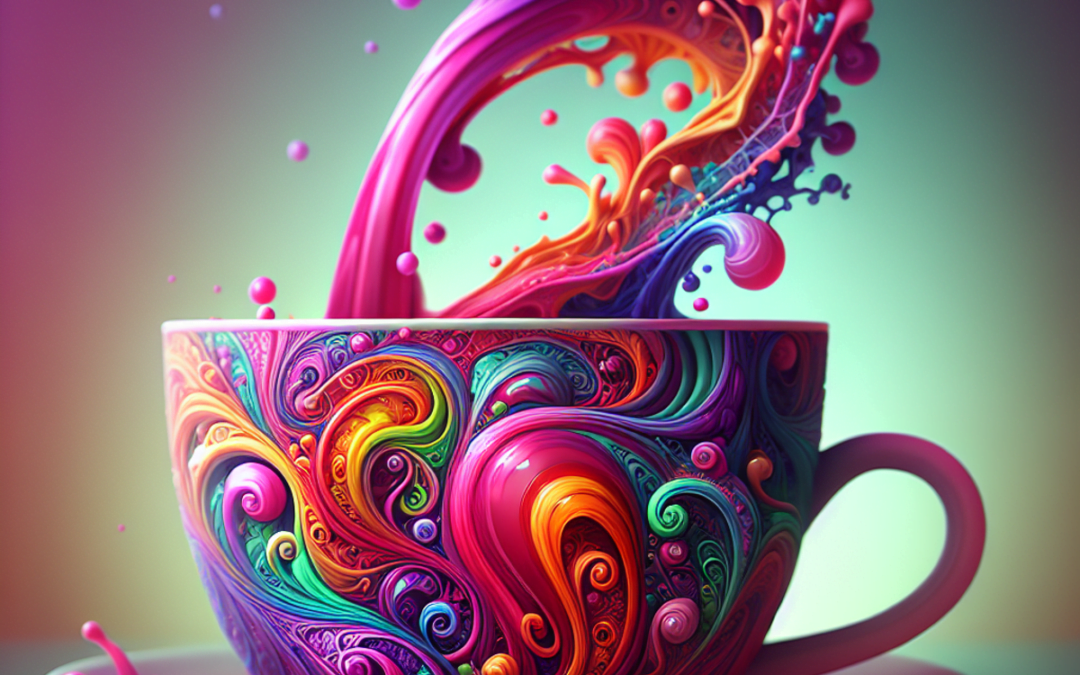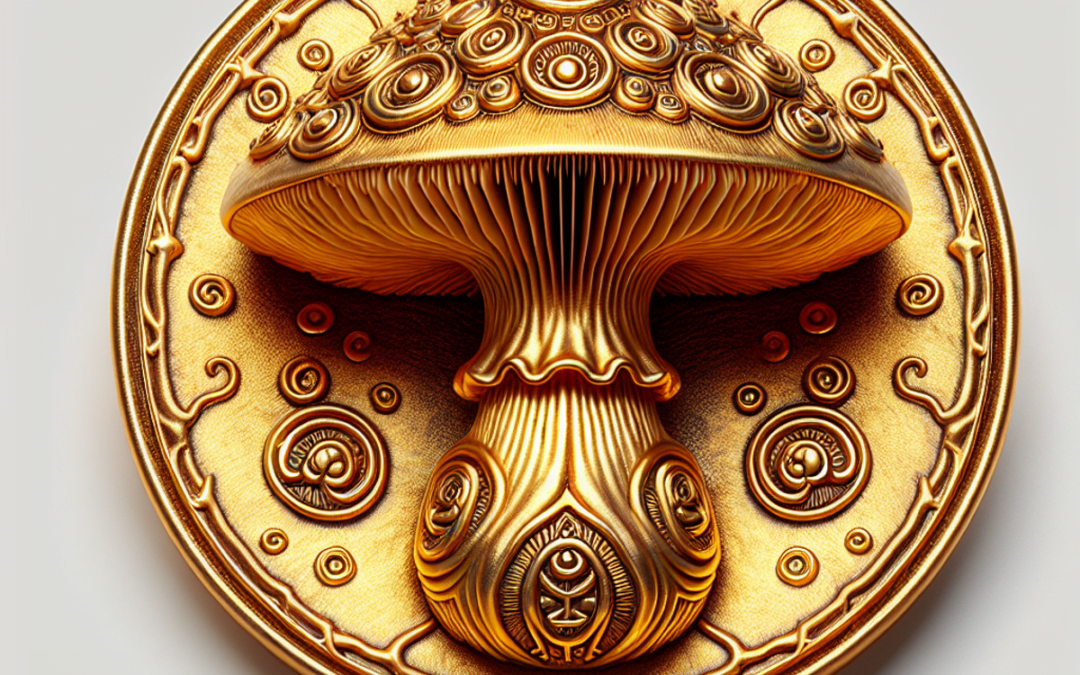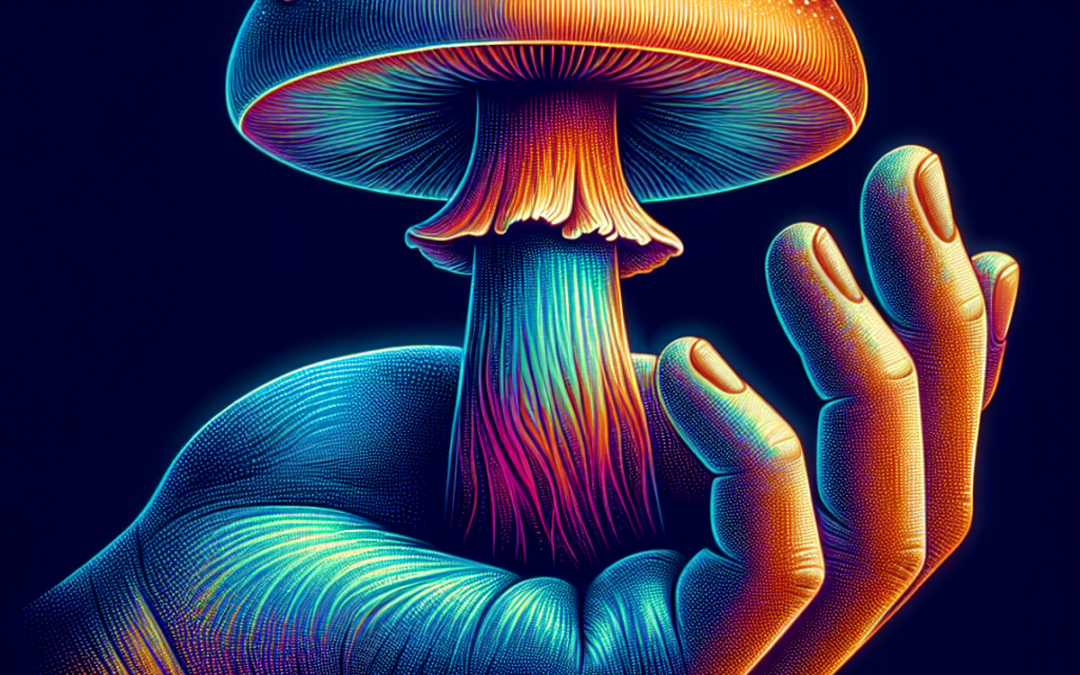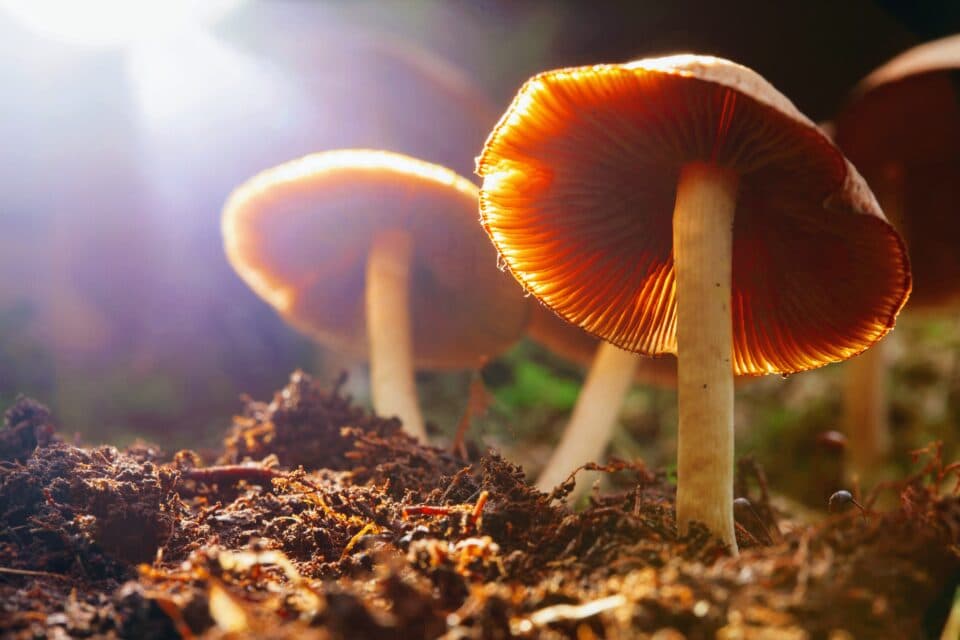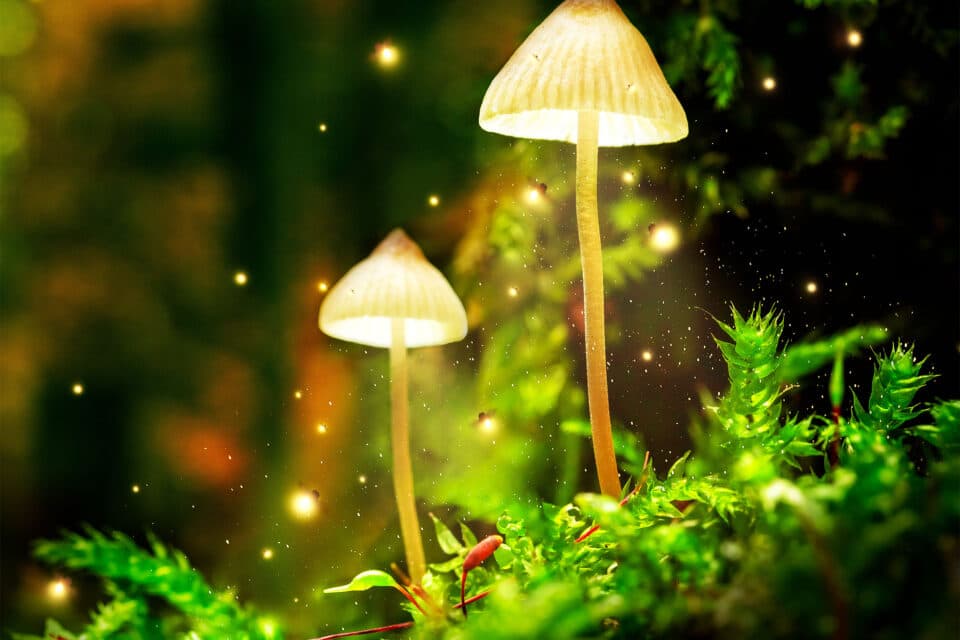Two doses of psilocybin pills, along with psychotherapy, helped people with alcohol use disorder reduce drinking for at least eight months after their first treatments, results from the largest clinical trial of its kind show.
“There’s really something going on here that has a lot of clinical potential if we can figure out how to harness it,” said Dr. Michael Bogenschutz, the director of the NYU Langone Center for Psychedelic Medicine at NYU Langone Health, who led what may be the first randomized, controlled trial of psilocybin for alcohol use disorder.
During the eight-month trial, 93 men and women ages 25 to 65 were chosen to receive either two psilocybin doses or antihistamine pills, which the researchers used as a placebo. They all also participated in 12 psychotherapy sessions.
All of the volunteers were averaging seven alcoholic drinks at a time before the trial.
More than 80% of those who were given the psychedelic treatment had drastically reduced their drinking eight months after the study started, compared to just over 50% in the antihistamine control group, according to results published Wednesday in JAMA Psychiatry. At the end of the trial, half of those who received psilocybin had quit drinking altogether, compared to about one-quarter of those who were given the antihistamine.

NYU Langone Health led the trial, which began recruiting in 2014, with researchers from the University of Alabama at Birmingham and the University of New Mexico.
The new research is part of a global movement exploring whether psychedelic-assisted therapy — including therapy using ketamine and psilocybin, the active component in magic mushrooms — can be a more effective alternative to addiction and mental health treatments. Bogenschutz and his team specifically set out to test whether or not psilocybin, in addition to sessions of therapy, could cut cravings and help people with alcohol use disorder stay sober.
Earlier research from institutions around the world has indicated that psilocybin has the potential to treat a variety of addiction disorders, including alcohol use disorder, opioid use disorder and addiction to smoking.
“It’s really in line with accumulating evidence that psilocybin and other psychedelics that work in a very similar way in the brain can be effective in treating different types of addiction,” said Matthew Johnson, a professor of psychiatry and behavioral sciences at Johns Hopkins University, who wasn’t involved in the trial.
A tailored experience
In 2015, Jon Kostas of New York City signed up as one of the first participants after his mother told him about the trial.
Kostas, now 32, had a long history of drinking. He had his first alcoholic drink at age 12 and attended his first Alcoholics Anonymous meeting by 16. Throughout college, he would start drinking liquor in the morning, planning two-day hangovers into his schedule. By 21, he had entered his first stint in rehab. He tried everything to get sober, but nothing stuck, he said.
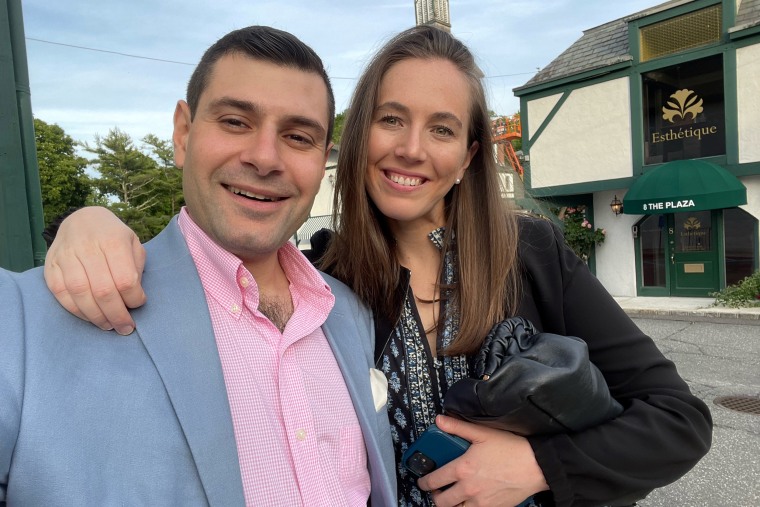
When he began the psilocybin trial at age 25, he was consuming almost 23 drinks in a single bender.
Less than an hour into the first session, Kostas knew he was in the psilocybin group.
He remembers a vivid scene of a glass bottle of alcohol in the desert. The bottle disintegrated, which he interpreted as a symbol of quitting drinking. He didn’t have cravings after that, but the second and third sessions sealed the deal, he said.
During the second session, he saw himself being cut with a sword, which he interpreted as killing his addiction. In the third, he envisioned scaling a mountain, a symbol of overcoming his unhealthy relationship with alcohol. He compares his experience with psilocybin-assisted therapy to taking an antibiotic for strep throat.
“You take the pills to wipe it out, and it’s gone,” said Kostas, who has stayed sober since the trial and founded a nonprofit organization for psychedelic mental health research.
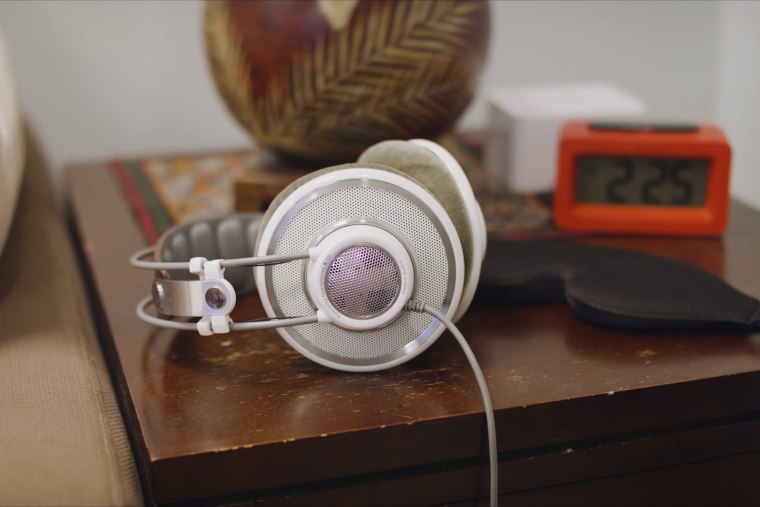
As part of the trial, participants underwent four psychotherapy sessions before they took the first pill, which contained an amount of psilocybin based on body weight, or the antihistamine. The drug sessions lasted eight hours with therapists in the room. Blood pressure and heart rates were regularly monitored.
Four additional therapy sessions followed the first dosing. If there were no adverse reactions, the second psilocybin sessions involved higher doses of both drugs and more therapy.
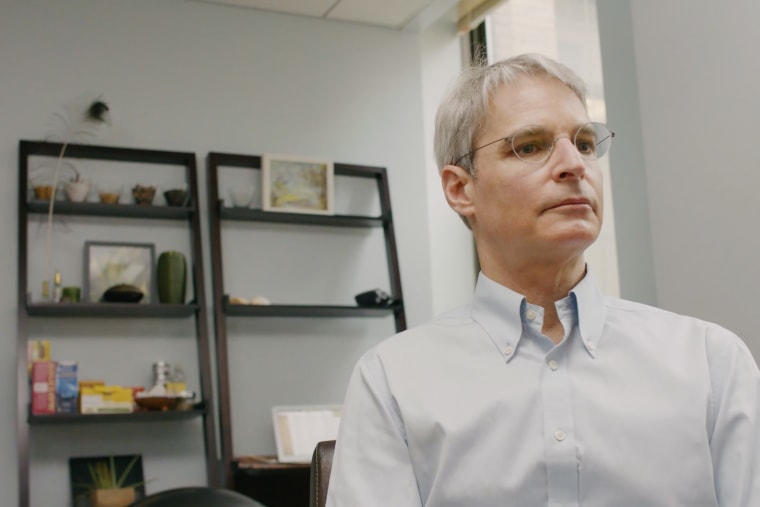
One person dropped out of the trial after having found the first experience too difficult.
How psilocybin may rewire the brain
After the first two sessions, the 93 participants were offered sessions of psilocybin — either third doses or the first ones for the control group — and additional therapy. Participants who received psilocybin two times within the 12 weeks reported meaningful experiences or visions that changed their relationships with addiction.
“Everyone’s experience is different,” Bogenschutz said. “People’s brains appear to be able to kind of tailor the effects of the experience, depending on what they come to the situation with and what they need out of the experience.”
Researchers say they still don’t understand to what extent such experiences work to reverse addiction, but it appears to play a big role.
“The science shows that in virtually all the psilocybin-assisted psychotherapy trials for substance use disorders, greater mystical experience was associated with greater therapeutic change,” said Dr. Chris Stauffer, an assistant professor of psychiatry at Oregon Health & Science University, who is leading clinical work on psilocybin through the VA Portland Health Care System and isn’t associated with the new study. “Ultimately, we don’t really know yet how this treatment works.”
On a physical level, psilocybin-assisted therapy may reshape the neural networks in the brain that are associated with addiction-related habits and could “help people escape rigid thinking patterns,” Stauffer said.
Past research has homed in on certain brain circuits related to addiction that may be most susceptible to intervention, “but the brain is holistic,” said Wolfgang Sommer, the deputy scientific director of the Clinic of Addictive Behavior and Addiction Medicine at the Central Institute of Mental Health in Mannheim, Germany, noting that psychedelic therapy likely has widespread effects on the brain.
People with alcohol use disorder “have very strong beliefs about themselves, and it is very difficult to disrupt these beliefs and bring them into a different perspective,” Sommer said. “The mystical experience probably can resolve these and allow you to have a different view of yourself.”
‘Addiction is complex’
Around 20 million people in the U.S. struggle with substance use disorder. While three medications are approved by the Food and Drug Administration for alcohol use disorder treatment, adherence to the drugs is low because of side effects, such as nausea or vomiting.

